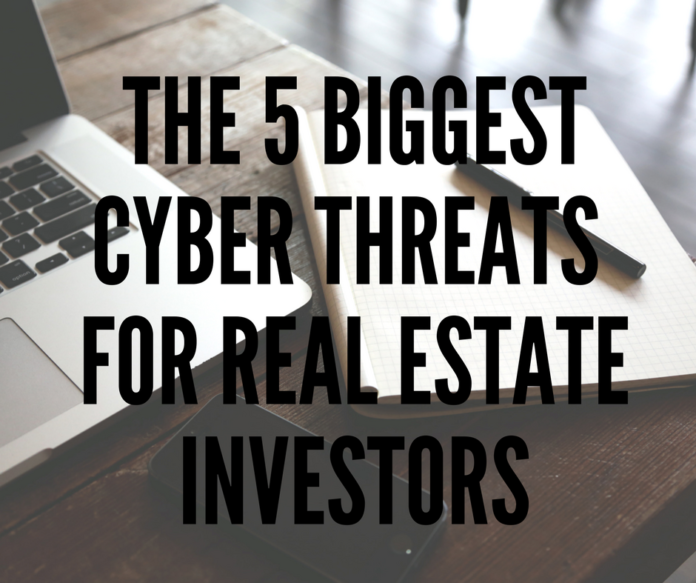For those who are self managing their own rental properties, the thought of a cyber attack may rarely cross their mind. After all, there are “other” things to worry about such as finding the right tenant, screening their background appropriately, ensuring your lease is legal and protects your interests, not to mention the overall and ongoing maintenance and management of the property.
A cyber attack? No way, that’s for big companies to worry about.
Not so fast, especially for those who are handling payments online and storing sensitive information.
According to Small Business Trends, there are some sobering statistics regarding cyber security:
- 43 percent of cyber attacks target small business.
- Only 14 percent of small businesses rate their ability to mitigate cyber risks, vulnerabilities and attacks as highly effective.
- 60 percent of small companies go out of business within six months of a cyber attack.
- 48 percent of data security breaches are caused by acts of malicious intent.
While a self managing landlord may not think of himself/herself as a “small business”, a hacker most certainly does. If there is money or personal information being stored online, a hacker views that as an opportunity regardless of whether or not you define the management of your rental property as a small business.
Here are 5 different types of cyber threats to watch out for:
- Trojan Horse – These are designed to hide inside computer programs that you have already installed so that they are difficult to detect once they have “snuck in”. These threats can take over a webcam, delete important files or even steal sensitive information.
- Bots – Also known as “botnets”, these are essentially digital, online robots that are controlled by the hacker once they are in your systems and can be used to spread malware via emails sent from your computer.
- A Common Email Scam – These are a little easier to detect as they have been around for years and people have gotten more familiar and skeptical around “too good to be true” type of deals. As a landlord, this could come via email from a “prospective tenant” who is inquiring about your rental and promises to pay via Western Union because they are out of the country but in need of finding a home. We have even seen scams in which the scammer gets a hold of the keys via a self showing, then actually shows the property to some unknowing people, leases the property to them and then takes the money all the while the prospective tenant and actual owner have never met. If an email appears to be suspect, treat it as such.
- Phishing Scam – This is an attempt to get you to login to a system in exchange for sensitive information such as a new User ID and Password, social security number, bank account and routing numbers etc. The emails are typically disguised from a vendor that you may be utilizing but is not sent from the actual vendor. This is common when it comes to banks and they typically land in a junk folder. Imagine giving up a tenant’s bank account information and thinking that it is because the bank with which you typically process a rent payment has made a change and needs you to update the account. Banks do not do this and you should be very weary of any attempt in which an email asks you to do so.
- Common Virus – These efforts typically ask you to download something onto your machine and disguise the scam by stating some type of program is out of date. Don’t fall for it as once the virus is downloaded, it can do all sorts of unwanted damage to your files and access sensitive information.
Be familiar with these types of scam attempts. While you may not have a dedicated IT person to help combat these efforts, you can most certainly continue to self manage with some additional knowledge around what these cyber threats look like. The biggest mistake that you can make is to think that you are too small to land on the radar of a cyber threat, so be familiar with the obvious efforts and take proper measure.




















